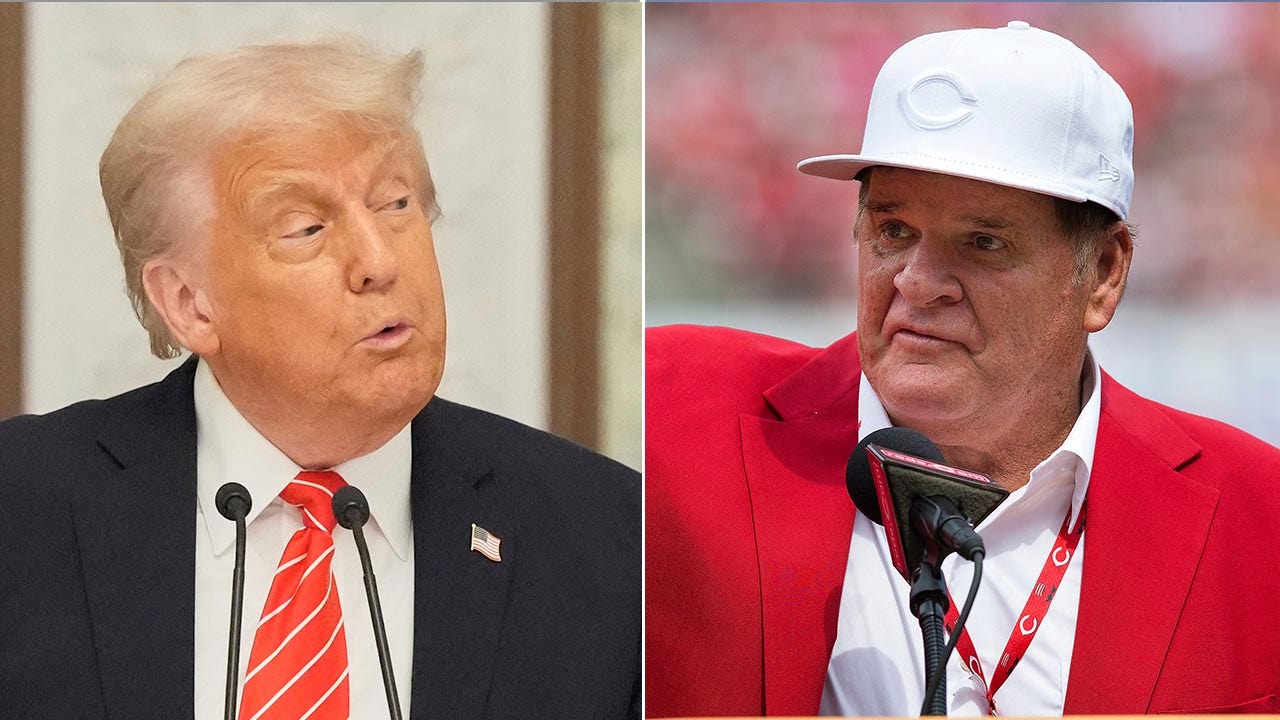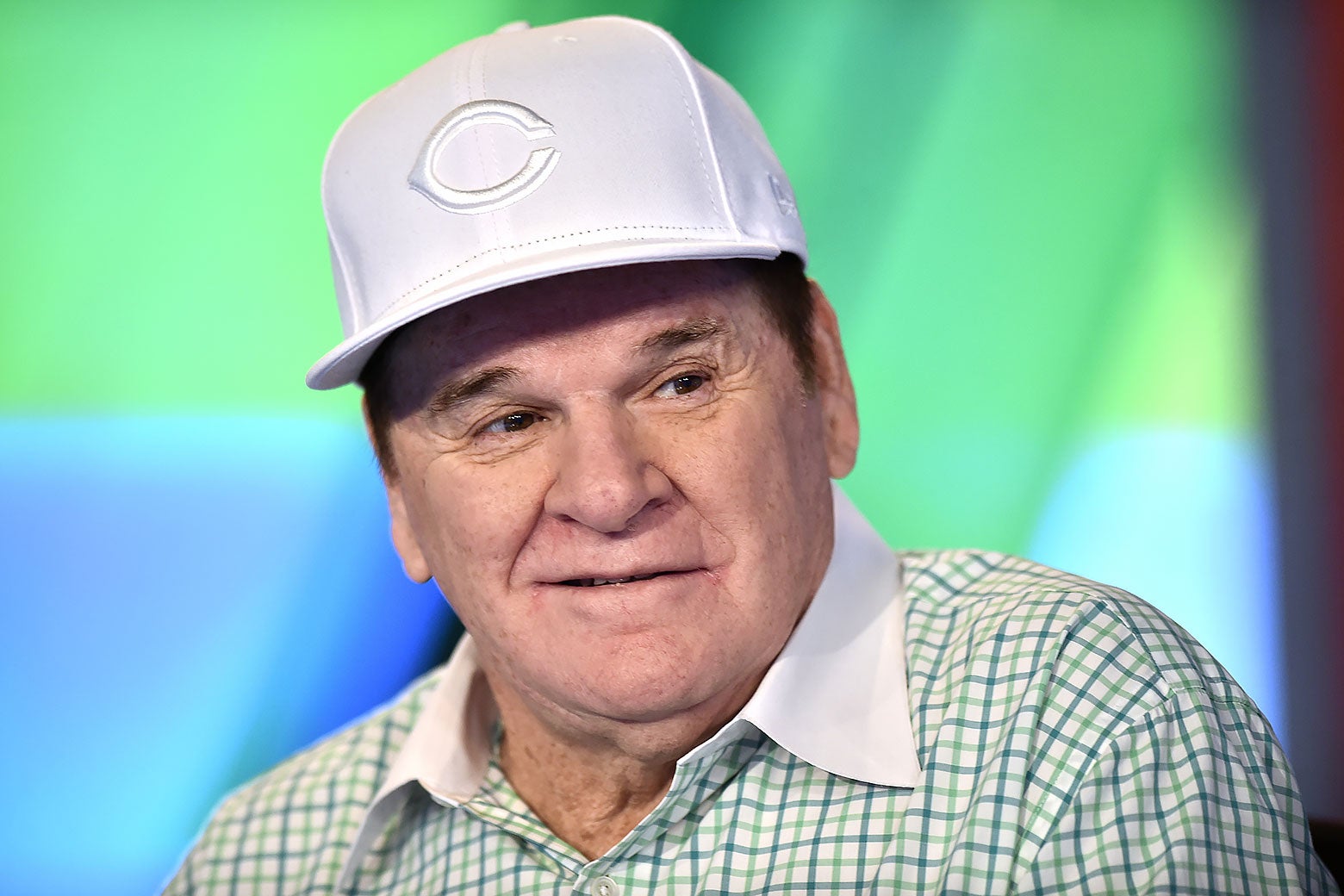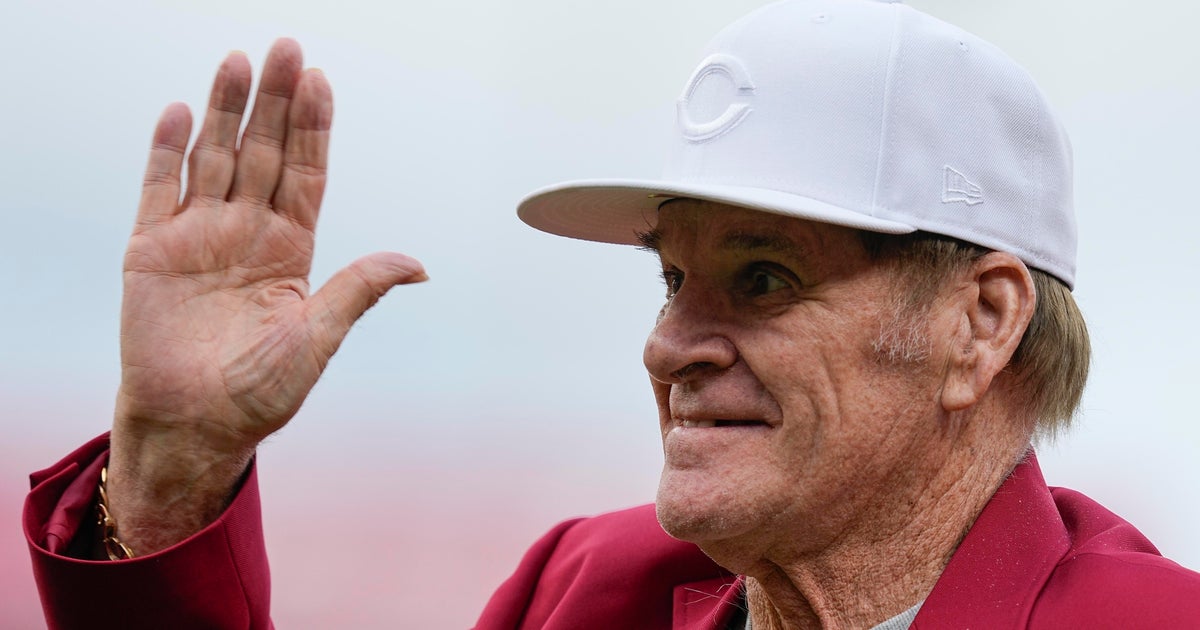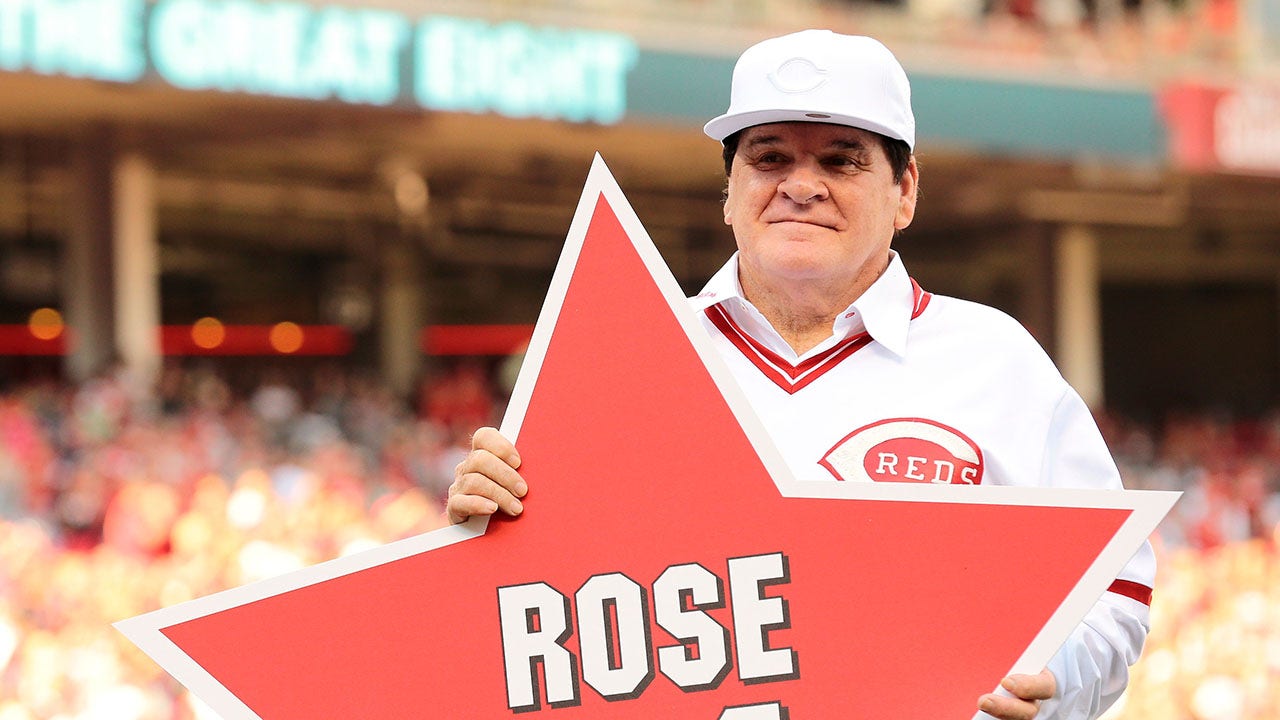Pete Rose and Shoeless Joe Jackson Reinstated by MLB Commissioner, Eligible for Hall of Fame
MLB reinstates Pete Rose and Shoeless Joe Jackson, allowing posthumous Hall of Fame eligibility, following Commissioner Manfred's policy change and ties to Donald Trump.
Subscribe to unlock this story
We really don't like cutting you off, but you've reached your monthly limit. At just $5/month, subscriptions are how we keep this project going. Start your free 7-day trial today!
Get StartedHave an account? Sign in
Overview
MLB Commissioner Rob Manfred announced on May 13, 2025, that Pete Rose and Shoeless Joe Jackson have been removed from the permanently ineligible list, making them eligible for induction into the Hall of Fame posthumously. This policy shift applies to all 17 deceased players previously banned from MLB, as Manfred stated that death removes a player's threat to the game's integrity. The decision follows a meeting between Manfred and Donald Trump, who has advocated for Rose's reinstatement. While Rose remains MLB’s hit king, the path to the Hall will be challenging, facing scrutiny from the Eras Committees regarding his controversial past.
Report issue

Read both sides in 5 minutes each day
Analysis
Analysis unavailable for this viewpoint.
Articles (26)
Center (11)
FAQ
The decision was influenced by a policy change that permanent ineligibility ends upon the passing of the disciplined individual. Additionally, an application from Pete Rose's family and broader discussions may have played a role in this decision.
History
- 6M

 4 articles
4 articles
- 6M

 6 articles
6 articles






















